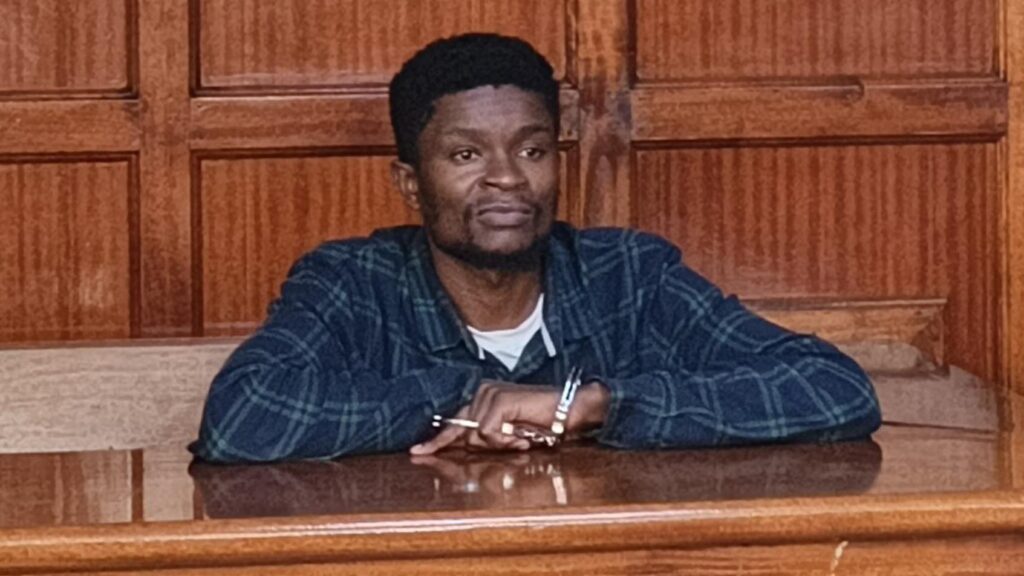A storm has erupted in Kenya following the arrest and prosecution of 25-year-old author Webster Ochora Elijah for writing an unauthorised biography of President William Ruto’s daughter, Charlene Ruto. The book, titled Beyond the Name: Charlene Ruto and the Youth Uprising, has ignited fierce public debate over freedom of expression, government overreach, and the rights of public figures to privacy.
Charlene Ruto accused the author of “misusing” her name, claiming he failed to seek her consent before publishing the book. On Tuesday, Elijah was charged with impersonation and intent to defraud, although no evidence has been made public showing the book misrepresented or falsely attributed actions to Ms. Ruto. He pleaded not guilty and was released on bail.
Critics argue the prosecution sets a dangerous precedent. “To criminalise authorship is to misuse state machinery in defence of fragile egos,” said lawyer and politician Willis Otieno. Literary critic Mbugua Ngunjiri echoed similar sentiments, noting that public figures are routinely written about without prior consent.
“A million writers can write ‘her book’ and it will be perfectly legal,” Ngunjiri remarked, referencing a 2014 unauthorised biography of former President Uhuru Kenyatta as a precedent.
Elijah’s legal team insists their client committed no crime, pointing out he has previously authored books about high-profile figures including Raila Odinga and Donald Trump. Lawyer Evan Ondieki stressed that public figures, particularly those involved in national discourse, should expect scrutiny, warning that the arrest could chill democratic expression.
Charlene Ruto, a prominent public figure often compared to Ivanka Trump, said the issue wasn’t the book’s content but the lack of consent. “There’s a bad culture where we misuse people’s names and get away with it,” she told reporters.
This case comes just days after software developer Rose Njeri was arrested for creating a tool opposing the government’s finance bill, raising additional concerns about a broader crackdown on dissent.
As the court prepares for further hearings, the case continues to spark public outrage and ignite crucial conversations about the boundaries of artistic freedom, privacy, and democratic rights in Kenya.

